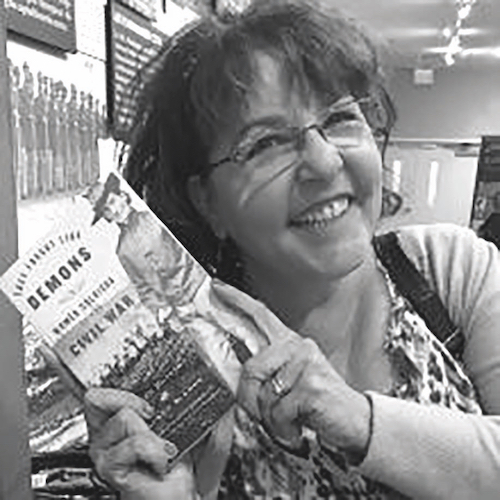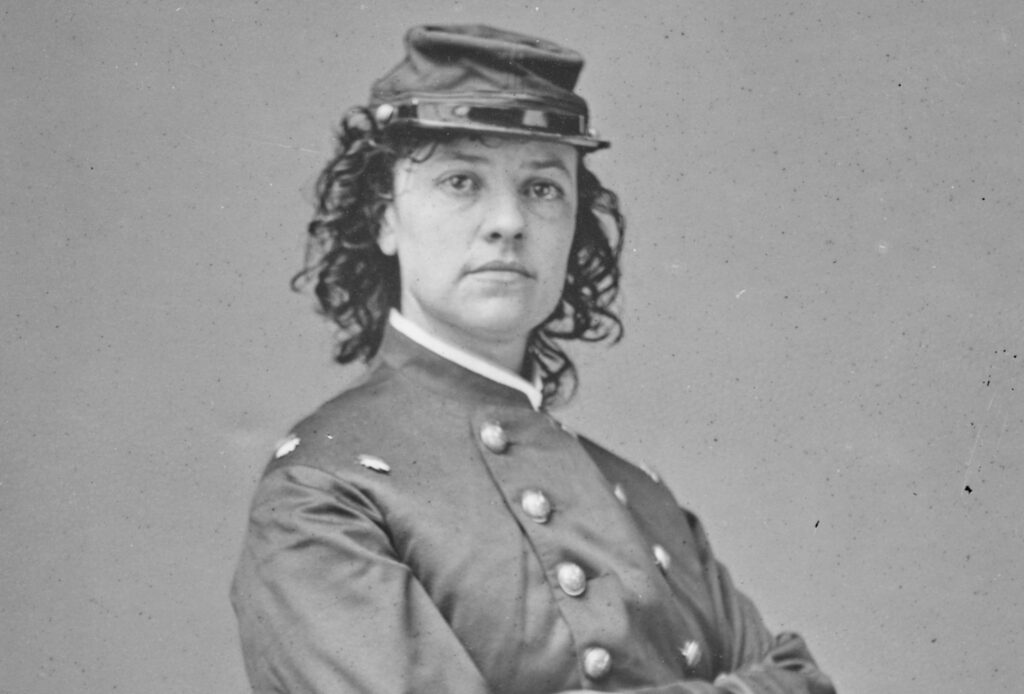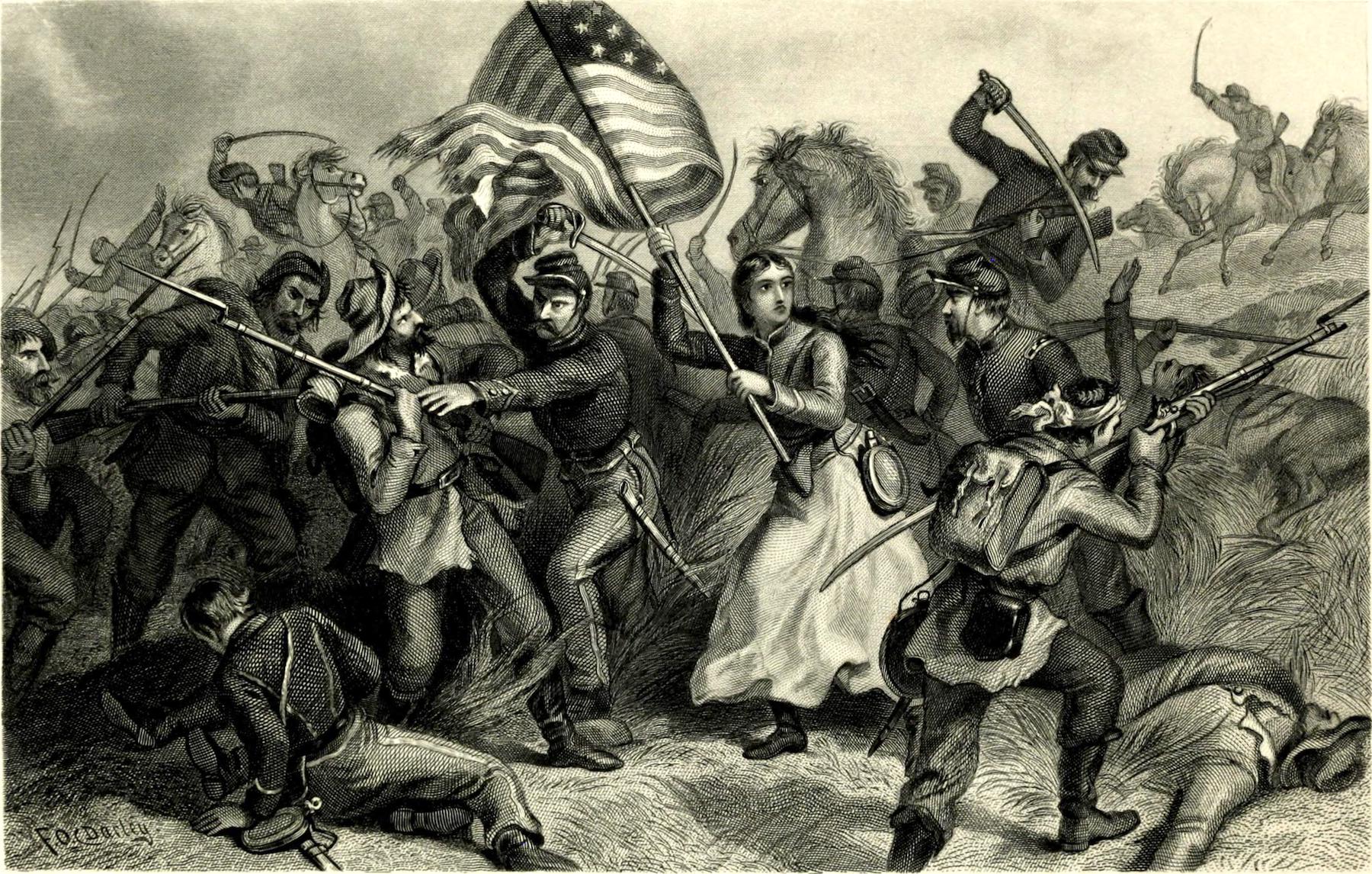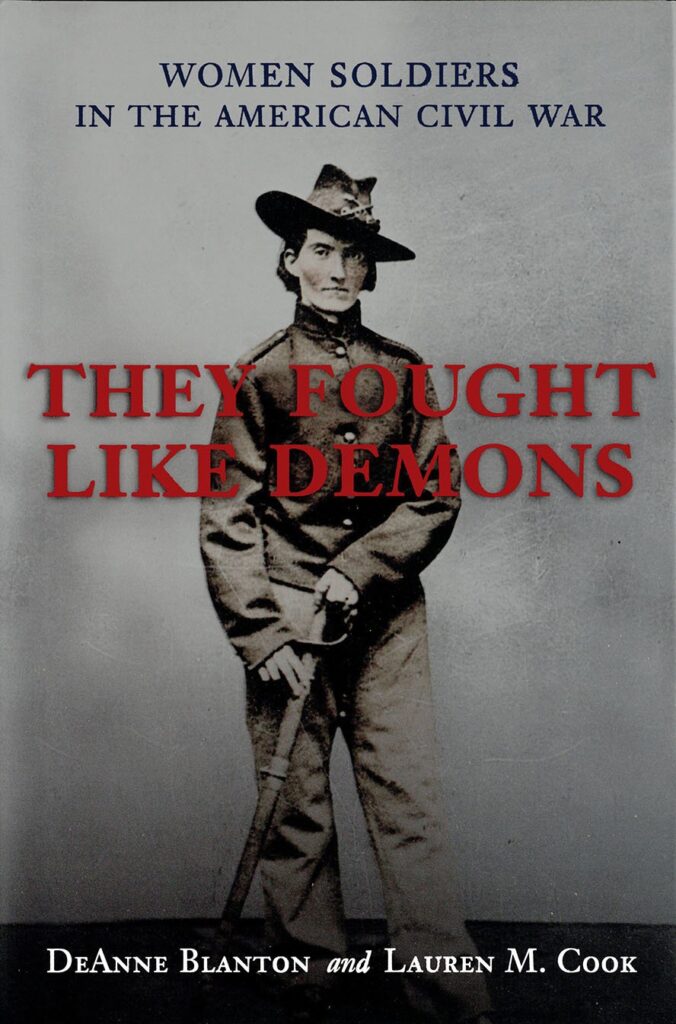Uncover the forgotten stories of female soldiers who fought on the front lines
It’s commonly said that the American Civil War was a fight of brother against brother, but that’s only part of the story. There were also numerous women engaged in the conflict between the Union and Confederacy over the future of the United States and slavery. Many were fighting on the front lines, side by side with men, as we discuss with DeAnne Blanton.
DeAnne Blanton is a senior archivist at the National Archives and Records Administration in Washington, DC, specialising in 19th-century US Army records. She has appeared in more than a dozen documentaries and television programs relating to the Civil War.
This interview first appeared in All About History 106

Why did women, on both sides, choose to enlist during the American Civil War?
The three main reasons that women enlisted in the armies were love, money and patriotism. Nearly a third of documented women soldiers went to war with their husbands or sweethearts. Unattached women, particularly those from the working class, were enticed by the monthly pay that soldiers received. And other women wanted to fight for their country.
Women were forbidden from enlisting in the army, so how did they get away with it?
It was surprisingly easy for women to pass as men in the mid-19th century, and working-class women in particular had passed as men prior to the Civil War, in search of economic opportunity. Gender roles in Victorian society were so strict and so entrenched that the mere act of cutting one’s hair, binding one’s breasts and putting on trousers made a woman appear to be a man in the eyes of society. Being a soldier was so antithetical to social notions of women’s place and capabilities that no one even thought to look for a woman in the ranks. Plus, there was such a rush to get men into the armies that most enlisted men did not undergo a physical examination. Given that a significant number of underage boys were in the army, most women soldiers were perceived to be teenaged boys rather than full-grown men.
What was it like for the female soldiers who fought on the front line?
Women soldiers endured every hardship and horror that war has to offer, just like the male soldiers. Nevertheless, a number of women liked life in the army because they liked being perceived as men. Women passing as men, whether in civilian or military life, experienced all the freedoms that were denied to 19th-century women: the right to vote, the right to live their life as they saw fit, the right to handle their own affairs and the ability to earn a living wage.

Image Credit: National Portrait Gallery (CC0 1.0 DEED)
How did these women prevent their true identities from being uncovered by their fellow soldiers?
It was fairly easy for women to hide their sex if the army was in the field, as this type of camp life provided opportunities for privacy. Women were usually detected when they ended up in confined spaces, such as hospitals and prisoner of war camps. Indeed, there is evidence of sick and wounded female soldiers refusing medical care for fear of being discovered. There is also evidence that, in some cases, a male soldier in a woman’s company did figure it out, but opted to keep her secret because she was well-liked and a good soldier. In these cases, the bonds forged in war were stronger than societal norms.
Why have the contributions of female soldiers during the American Civil War remained largely overlooked?
Women soldiers are statistically irrelevant if one looks at the Civil War in strictly military terms. Their participation did not alter the course of any event, so military historians are unlikely to mention them, or even be aware of them. Social historians and women’s historians are more likely to recognise the significance of women who flouted cultural norms. But women soldiers are very difficult to document because they were passing as men. The historical record only gives us information about the women who were caught. The most successful women soldiers – those who were never outed as women – are largely lost to us. So we will never know the full story of their audacity, their bravery and their commitment to cause and to country.
Banner Image: Public Domain/Livermore, Mary Ashton Rice, 1820-1905
Subscribe to
All About History now for amazing savings!


